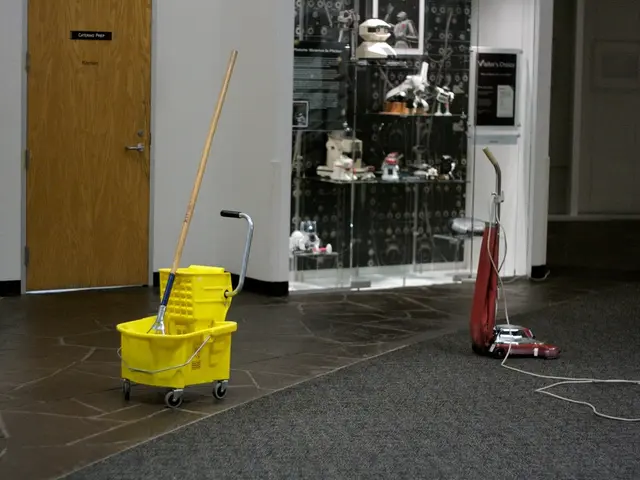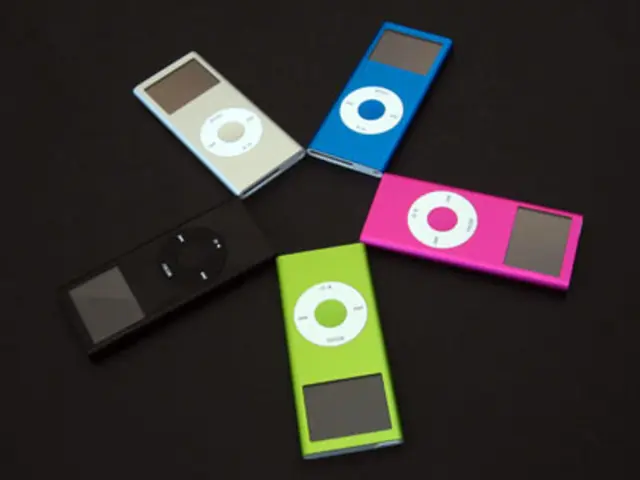Discussing the Increasing Prevalence of Counterfeits and Replicas
In the realm of electronics, inexpensive devices such as spectrum analyzers and software-defined radios (SDRs) have become increasingly accessible to the masses, thanks to global e-commerce platforms like Alibaba. However, the affordability of these devices often comes with a hidden cost.
This was evident in a situation involving a spectrum analyzer, a clone of a design first introduced in a German amateur radio magazine. The free software, developed by Andreas Lindenau, DL4JAL, played a crucial role in the functioning of the device. However, as the popularity of the device grew, Lindenau faced a significant challenge - providing free tech support for thousands of buyers of the mass-produced Chinese clone. Unsurprisingly, he chose to withdraw the software under such circumstances.
A similar pattern emerged when the author stumbled upon a cheap SDR board, a USB peripheral featuring a range from 0 to 1000 MHz. Upon closer inspection, it became clear that the SDR was a clone of the SDRplay RSP1, a high-quality receiver with a revised version priced around $100. The clone, devoid of branding, lacked the RF input switch chip for different bands and featured inexpensive filter components.
The easiest way to get the SDR functioning would have been to use SDRplay's software and drivers for the RSP1. However, these were unambiguously not free and not licensed for use with anything but a genuine SDRplay board.
This issue remains a concern for original equipment manufacturers. Jon Hudson, marketing director of SDRplay, shared his views on the matter. Although they understand the allure of cheaper alternatives, SDRplay does not wish to endorse clones and fakes or become embroiled in supporting inferior hardware not of their own manufacture.
While open-source projects can benefit the community, it's crucial to consider the impact on commercial ventures. When free software is used to support mass-produced cheap hardware clones, developers can face economic and legal consequences. These include loss of revenue, difficulty recouping research and development investment, limited copyright protection, and vulnerability to cloning without compensation.
As consumers, it is essential to be aware of the origins of cheap new devices and consider buying the real thing instead if they are clones or fakes. The quality of cheap clones, such as the author's SDR which is plagued with spurious peaks, often falls significantly short of the original. Moreover, these clones can work with open-source software alternatives like LibMiriSDR, which was used to test the author's device.
In conclusion, the rise of cheap electronics has blurred the lines between original and replicated products. As consumers, we have a responsibility to support innovators by purchasing genuine equipment to ensure the continued development of high-quality, open-source software and hardware.
- Open-source software, such as the one developed by Andreas Lindenau for the spectrum analyzer, can play a crucial role in the functioning of open source hardware devices, but developers may face economic and legal challenges when their free software is used to support mass-produced cheap clones.
- Technology giants like SDRplay acknowledge the appeal of cheaper alternatives, but choose not to endorse clones and fakes, as was the case with the unbranded SDR board which lacked essential components and was devoid of support for SDRplay's proprietary software.
- When considering cheap gadgets like SDR boards, consumers should be aware of the origins of these devices and consider buying the real thing instead, if they are clones or fakes, to support the development of high-quality, open-source software and hardware, and ensure that developers receive fair compensation for their research and development efforts.








